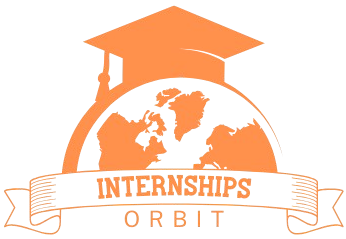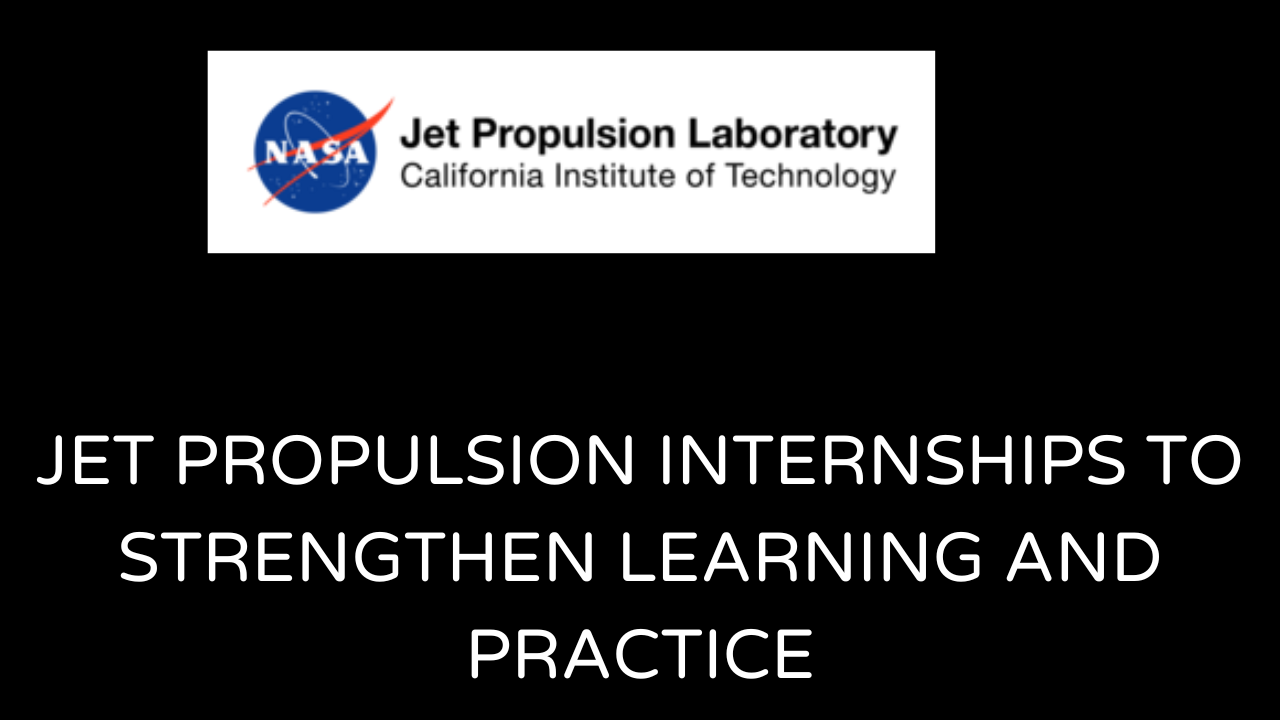The Jet Propulsion Laboratory (JPL), managed by the California Institute of Technology for NASA, is one of the world’s leading centers for robotic exploration of the solar system. For students who aspire to contribute to groundbreaking missions and cutting-edge research, JPL internships offer a rare chance to work at the intersection of science, engineering, and technology. These internships are not just about gaining technical skills—they are about being part of a team that pushes the boundaries of human knowledge and exploration.
Also, Read: GKN Internships
Overview of the Program
JPL internships are designed for undergraduate and graduate students pursuing degrees in science, technology, engineering, or mathematics (STEM). The program provides hands-on experience with real projects that align with NASA’s mission of exploration, innovation, and discovery. Students get the chance to collaborate with JPL’s renowned scientists, engineers, and researchers on missions involving planetary science, astrophysics, earth science, and deep space exploration.
The internships typically run during the summer, though opportunities are also available throughout the academic year. Depending on the role, internships may be in-person at JPL’s Pasadena, California campus or offered remotely. This flexibility allows students from across the globe to participate and contribute.
Main Concentrations
Interns can expect to engage in projects across a wide range of disciplines. Some areas include:
- Robotics and Autonomous Systems: Working on technologies that enable spacecraft and rovers to navigate complex environments, such as Mars or icy moons.
- Planetary Science Research: Assisting with data analysis from ongoing missions like Mars rovers, Voyager, or Europa Clipper.
- Astrophysics and Space Observations: Supporting studies of stars, galaxies, and exoplanets using data from space telescopes.
- Earth Science Applications: Helping to analyze satellite data related to climate change, natural disasters, and atmospheric processes.
- Engineering and Systems Design: Participating in the development of spacecraft components, propulsion systems, and communication technologies.
This variety ensures that students with diverse academic interests can find opportunities that match their skills and passions.
Learning Experience
One of the greatest strengths of JPL internships is the mentorship model. Interns work side-by-side with experienced professionals who provide guidance, share expertise, and encourage problem-solving. Beyond technical training, students also learn teamwork, leadership, and communication skills that are essential for success in large-scale scientific and engineering projects.
JPL also hosts seminars, networking sessions, and professional development workshops for interns. These experiences expose students to the broader context of NASA’s mission and help them connect with other like-minded peers. For many, this environment is both inspiring and transformative, as it fosters creativity and innovation while emphasizing the importance of collaboration.
Entry Requirements and Application Steps
JPL internships are highly competitive. Applicants are typically expected to have a strong academic background in STEM fields and a demonstrated interest in space exploration or research. The application process usually involves submitting transcripts, a resume, and, in some cases, recommendation letters. Some internships may also require technical assessments or interviews to ensure a good match between the student and the project.
Applications are accepted through NASA’s internship portal and JPL’s own recruitment systems. Deadlines vary depending on the season, but early applications are encouraged due to the program’s competitiveness.
Benefits and Career Impact
Participating in a JPL internship is a milestone for many students. Interns not only gain valuable technical and research experience but also build professional networks within NASA and the broader scientific community. Many former interns go on to secure full-time positions at JPL or pursue advanced degrees in related fields. For others, the experience opens doors in aerospace, academia, or industries that value innovation and problem-solving.
Official Website
Read more about it on the official website.

